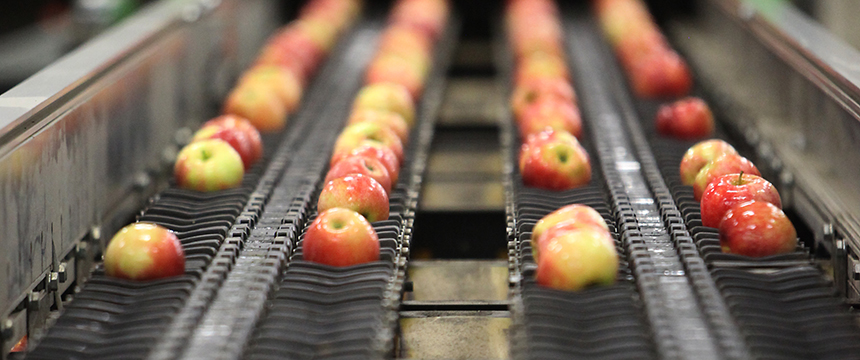
The spread of COVID-19 has led to questions for the food industry regarding the food supply chain, FDA’s role in protecting it, and changes to FDA operational procedures during the public health emergency. In response, FDA held a teleconference on March 18 for food industry stakeholders in which the agency addressed several current questions.
Summary:
- FDA has posted an updated food safety and food supply FAQ as of March 17 that addresses many common questions from the food industry.
- FDA has emphasized that no evidence exists of food or food packaging–based transmission of the virus.
- FDA insists that the food supply remains safe and that there are no nationwide supply issues.
- FDA has also emphasized that food products do not have to be put on hold or recalled if a food-facility employee is diagnosed with COVID-19. Nonetheless, FDA encourages extra precaution: frequent washing/sanitizing of food contact surfaces/utensils, as well as glove changes. Consumers should wash hands too. FDA recommends discontinuing self-service buffets and salad bars. If an employee case is confirmed, an employer should inform other employees but also maintain confidentiality.
- FDA is temporarily postponing routine domestic and foreign food facility inspections. Inspections will be limited to “mission critical” cases as necessary, such as foodborne illness outbreaks, class I recalls, or a specific COVID-19-related scenario.
- FDA is exercising its enforcement discretion regarding requirements for on-site supplier facility audits needed to comply with the Food Safety Modernization Act’s (FSMA’s) Foreign Supplier Verification Program (FSVP). FDA has provided new guidance to communicate the policy. In summary, three of the regulations created to implement FSMA—the Preventive Controls for Human Food rule, Preventive Controls for Animal Food rule, and Foreign Supplier Verification Programs (FSVP) rule—require receiving facilities and importers to conduct supplier verification activities on the basis of the hazard analysis conducted as part of their written Food Safety Plan or FSVP. When receiving facilities and importers develop their Food Safety Plans or FSVP, they sometimes determine onsite audits to be the most appropriate supplier verification activity. Because the COVID-19 pandemic makes some audits temporarily impractical, the agency will not enforce FSMA supplier verification onsite audit requirements if other appropriate supplier verification methods are used instead. Other supplier verification methods, such as sampling and testing or a review of food safety records, would be designed to provide sufficient assurance that hazards have been significantly minimized or prevented during the period of onsite audit delay.
- Given the critical nature of the food supply chain, FDA is coordinating with DHS and FEMA to address any perceived supply chain issues. Industry members experiencing such issues are encouraged to contact FEMA’s National Business Emergency Operations Center (NBEOC), which is operational 24/7.
In summary, it is important for the Food Industry to take additional steps now in order to mitigate their risk of suffering negative impacts from the coronavirus. For more information about recommended steps, please contact your Foley relationship partner. For additional web-based resources available to assist you in monitoring the spread of the coronavirus on a global basis, you may wish to visit the CDC and the World Health Organization.
Foley has created a multi-disciplinary and multi-jurisdictional team, which has prepared a wealth of topical client resources and is prepared to help our clients meet the legal and business challenges that the coronavirus outbreak is creating for stakeholders across a range of industries. Click here for Foley’s Coronavirus Resource Center to stay apprised of relevant developments, insights and resources to support your business during this challenging time. To receive this content directly in your inbox, click here and submit the form.
